T-shirt: Cult, Culture, Subversion
A new exhibition at The Fashion and Textile Museum in London explores the power of the garment as a form of self-expression
A free daily email with the biggest news stories of the day – and the best features from TheWeek.com
You are now subscribed
Your newsletter sign-up was successful
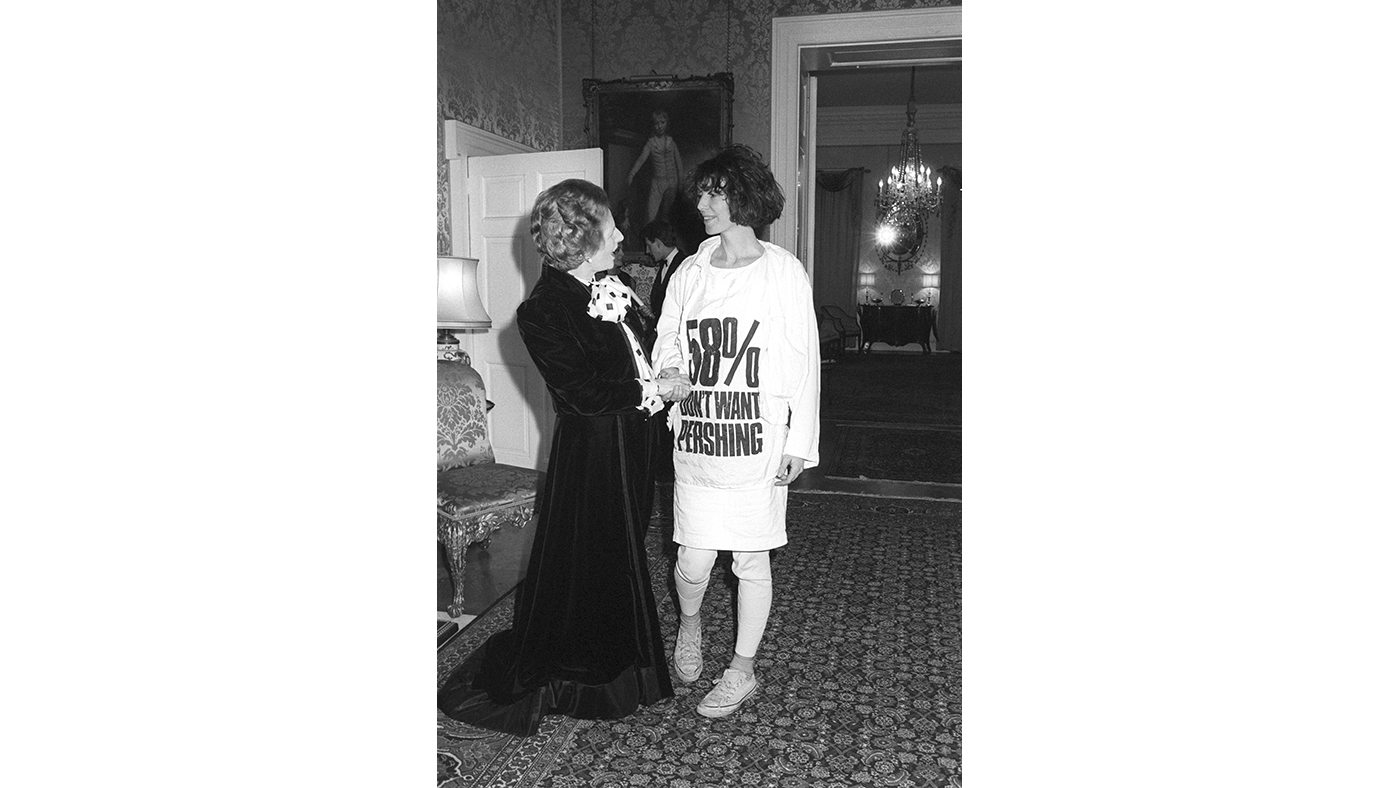
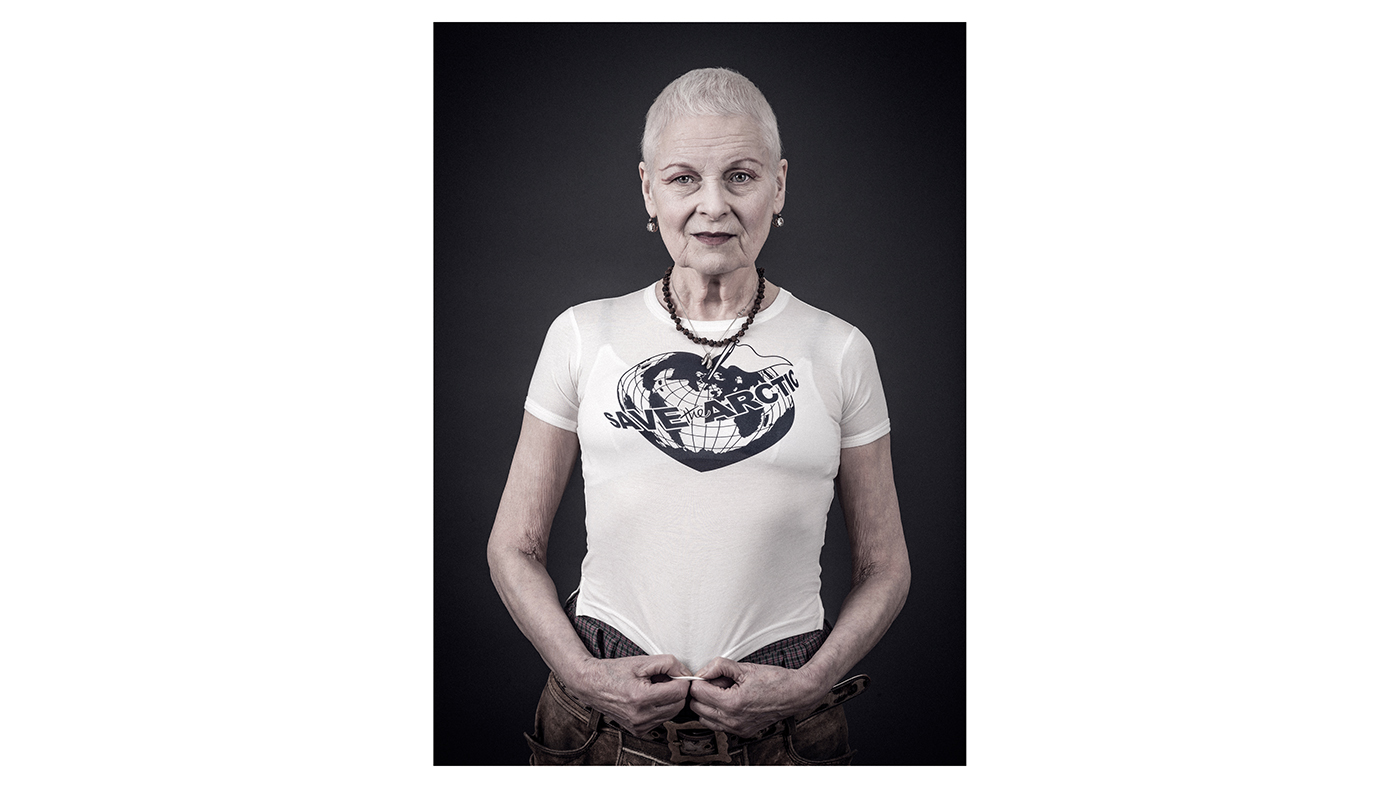
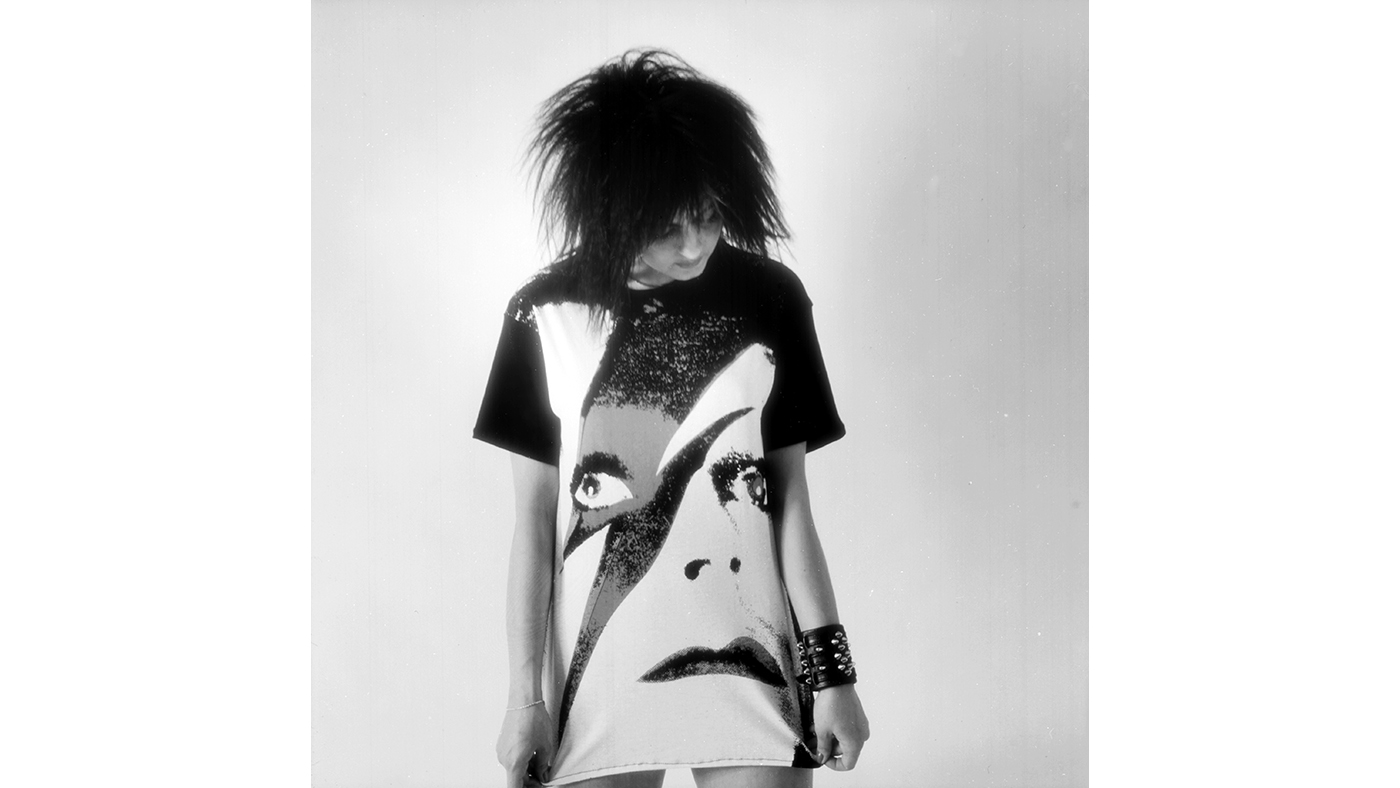
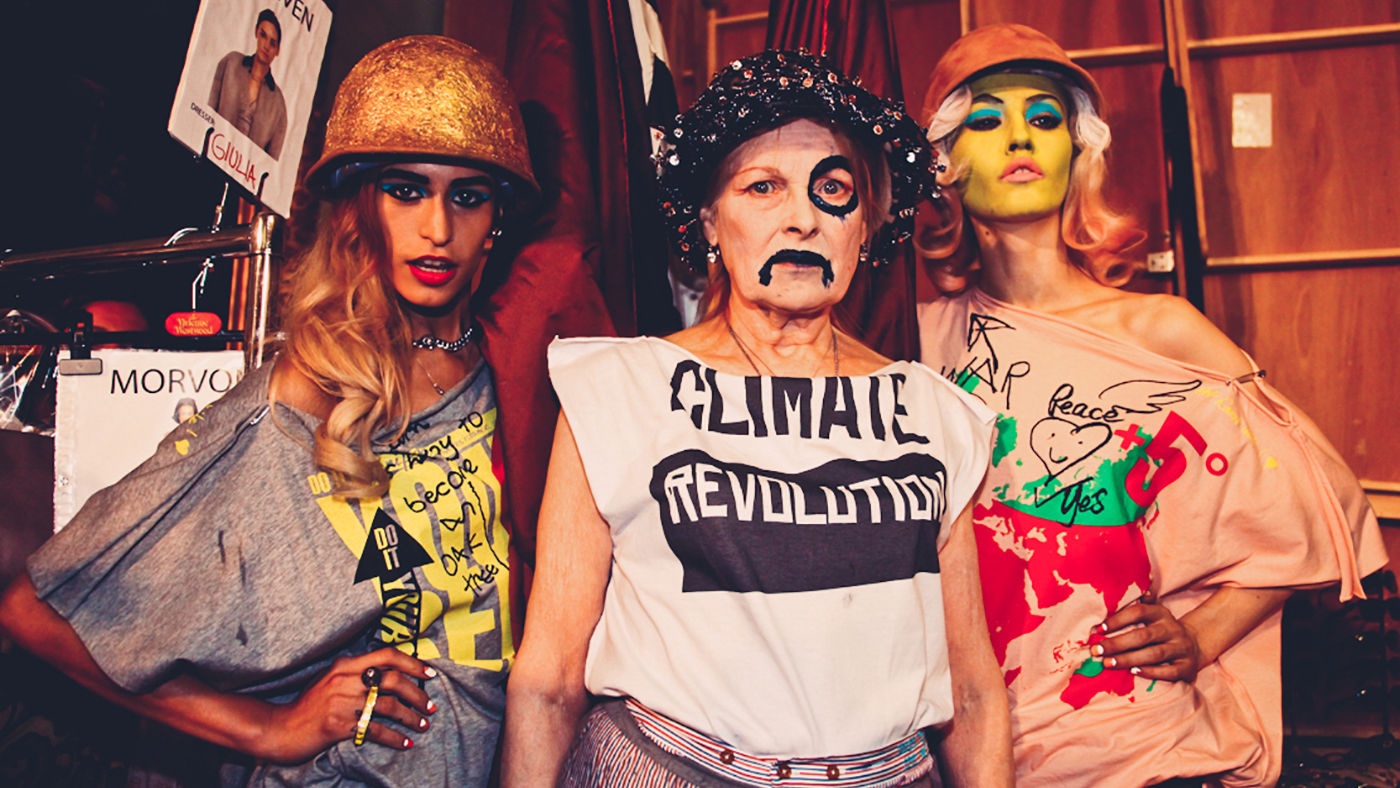
"If you want to get the message out there, you should print it in giant letters on a T-shirt." This certainly rings true for the quote's originator Katharine Hamnett. The fashion designer made her name in the 1980s with her revolutionary slogan-emblazoned creations favoured by the likes of George Michael and Naomi Campbell. And it's a tactic that still has the ability to strike a chord, with Dior's sell-out "We Should All Be Feminists" T-shirt one of the most talked-about fashion items of the past year.
London's Fashion and Textile Museum will track the powerful history of this most humble of garments with a new exhibition exploring its ability to shock, surprise and subvert. Encompassing more than 100 items spanning 50 years, it tracks the evolution from early construction methods to the wearable technology of today, and how along the way it has served as everything from fashion statement to a vehicle for political expression.

Highlights include rare pieces from Vivienne Westwood and Malcolm McLaren such as the "Cambridge Rapist" T-shirt, encapsulating the aesthetic of the 1970s punk era. Meanwhile Westwood, who played a particularly central role in transforming the T-shirt into a mode of self-expression and cultural signifier, will have an entire section dedicated to her private archive.
The Week
Escape your echo chamber. Get the facts behind the news, plus analysis from multiple perspectives.

Sign up for The Week's Free Newsletters
From our morning news briefing to a weekly Good News Newsletter, get the best of The Week delivered directly to your inbox.
From our morning news briefing to a weekly Good News Newsletter, get the best of The Week delivered directly to your inbox.
Similarly, band T-shirts have long played a key part in how we outwardly identify with – or against – our social peers. Here, instantly recognisable designs representing the likes of Joy Division, The Velvet Underground as well as Nico and The Rolling Stones are displayed, while the exhibition also delves deeper into the debate as to how far fashion has co-opted the concept.
Moving onto the political, the show explores the garment's influence in equal rights movements, and the figures behind the most iconic designs. Among the pieces on display will be Keith Haring’s ‘Ignorance = Fear, Silence = Death’, highlighting issues around AIDS, with the role slogan T-shirts played in the history of the LGBT+ Community Pride showcased further with a visual timeline of events and campaigns. It then moves on to explore how other ethical issues have permeated the fashion industry in different ways, including the rise of eco-friendly garment manufacturing and the designers that champion sustainability.

It also investigates how the T-shirt itself has augmented and shape-shifted over the decades, from changing silhouettes to being adopted by different sub-cultures. And with T-shirts just as likely to be sold in designer boutiques as on the high street, it remains just as pivotal a part of popular culture today.
T-shirt: Cult - Culture - Subversion is at The Fashion and Textile Museum from 9 February to 6 May 2018; ftmlondon.org
A free daily email with the biggest news stories of the day – and the best features from TheWeek.com
-
 Health insurance: Premiums soar as ACA subsidies end
Health insurance: Premiums soar as ACA subsidies endFeature 1.4 million people have dropped coverage
-
 Anthropic: AI triggers the ‘SaaSpocalypse’
Anthropic: AI triggers the ‘SaaSpocalypse’Feature A grim reaper for software services?
-
 NIH director Bhattacharya tapped as acting CDC head
NIH director Bhattacharya tapped as acting CDC headSpeed Read Jay Bhattacharya, a critic of the CDC’s Covid-19 response, will now lead the Centers for Disease Control and Prevention
-
 Friendship: 'bromance' comedy starring Paul Rudd and Tim Robinson
Friendship: 'bromance' comedy starring Paul Rudd and Tim RobinsonThe Week Recommends 'Lampooning and embracing' middle-aged male loneliness, this film is 'enjoyable and funny'
-
 The Count of Monte Cristo review: 'indecently spectacular' adaptation
The Count of Monte Cristo review: 'indecently spectacular' adaptationThe Week Recommends Dumas's classic 19th-century novel is once again given new life in this 'fast-moving' film
-
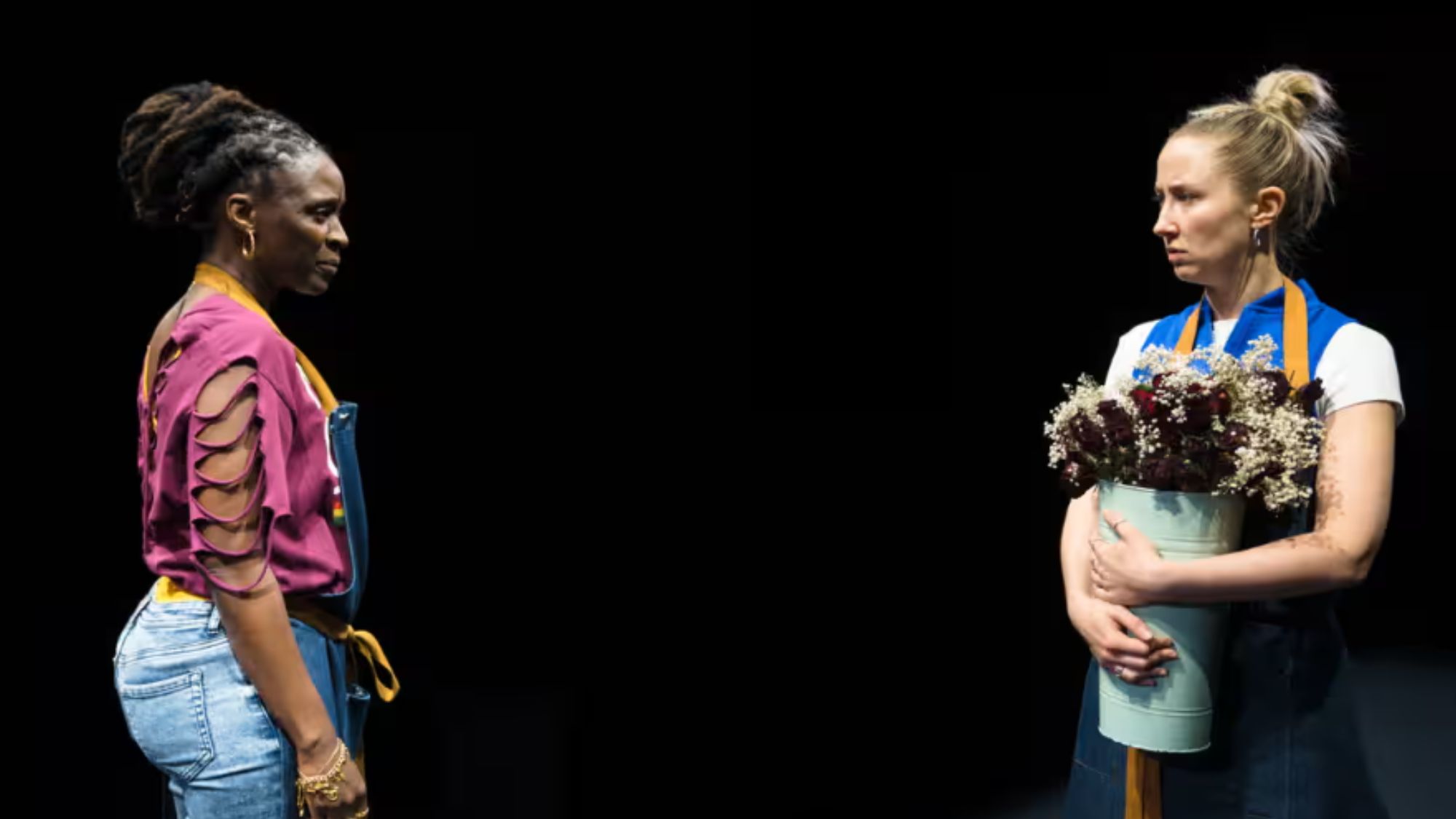 Death of England: Closing Time review – 'bold, brash reflection on racism'
Death of England: Closing Time review – 'bold, brash reflection on racism'The Week Recommends The final part of this trilogy deftly explores rising political tensions across the country
-
 Sing Sing review: prison drama bursts with 'charm, energy and optimism'
Sing Sing review: prison drama bursts with 'charm, energy and optimism'The Week Recommends Colman Domingo plays a real-life prisoner in a performance likely to be an Oscars shoo-in
-
 Kaos review: comic retelling of Greek mythology starring Jeff Goldblum
Kaos review: comic retelling of Greek mythology starring Jeff GoldblumThe Week Recommends The new series captures audiences as it 'never takes itself too seriously'
-
 Blink Twice review: a 'stylish and savage' black comedy thriller
Blink Twice review: a 'stylish and savage' black comedy thrillerThe Week Recommends Channing Tatum and Naomi Ackie stun in this film on the hedonistic rich directed by Zoë Kravitz
-
 Shifters review: 'beautiful' new romantic comedy offers 'bittersweet tenderness'
Shifters review: 'beautiful' new romantic comedy offers 'bittersweet tenderness'The Week Recommends The 'inventive, emotionally astute writing' leaves audiences gripped throughout
-
 How to do F1: British Grand Prix 2025
How to do F1: British Grand Prix 2025The Week Recommends One of the biggest events of the motorsports calendar is back and better than ever